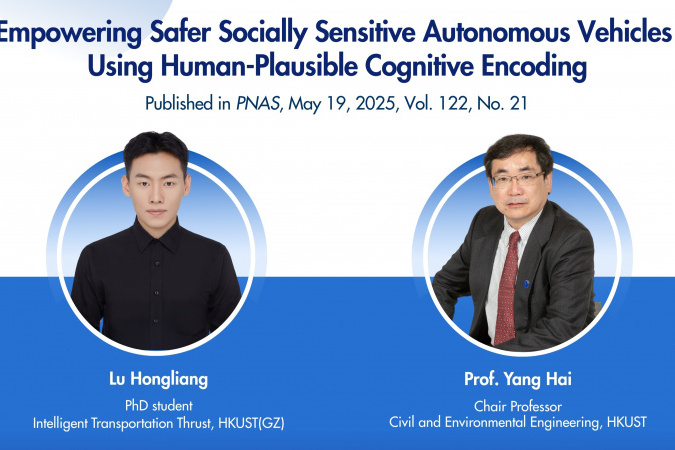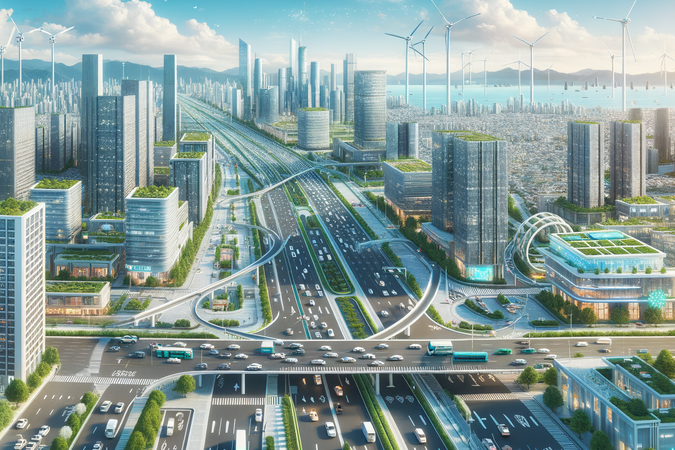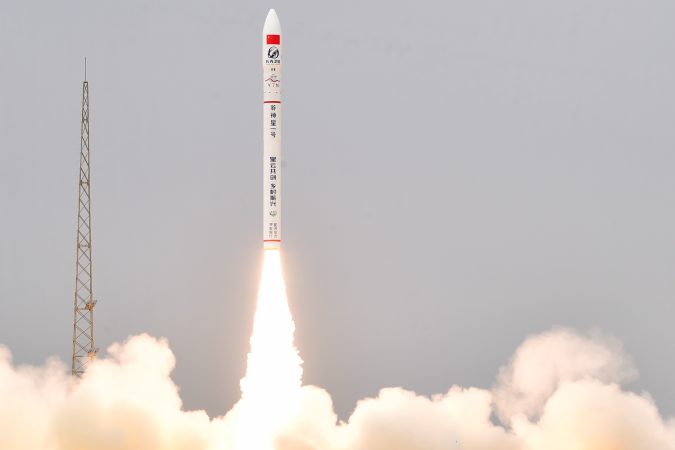MSc in Digital and Sustainable Cities


This program integrates digital technologies and sustainable urban design applications, which are essential for data-driven analysis for large-scale civil engineering and construction applications, preparing engineers to tackle any complex challenges they may face as they join local or worldwide efforts to innovate in smart city development, infrastructure, and construction industries.
Curriculum
Students are required to complete a total of 30 credits of coursework, including a 6-credit compulsory MSc Project course. All students may also take a maximum of 9 credits of non-DISC postgraduate courses, subject to the approval of the Program Director. For details, please refer to the Postgraduate Program Catalog.
Full-time students are strongly encouraged to opt for the 1-year full-time Industrial Placement regionally or internationally, which they will have the opportunity to develop their technical and soft skills while building a professional network at multinational corporations or professional firms.
Admission and English Proficiency Requirements
Applicants must possess a bachelor's degree in Civil Engineering or a related engineering field with second-class honors or higher, or an equivalent qualification from a recognized university or tertiary institution. For English Proficiency Requirements, please refer to HKUST Fok Ying Tung Graduate School.
Program Fee
The nominal program fee for 2026/27 Fall intake for full-time study is HK$270,000* (paid in 2 installments) and part-time study is HK$230,000 (paid in 4 installments) .
*For students enrolled in the optional Industrial Placement, additional tuition fee of HK$150,000 will be charged. Eligible students can receive an allowance to support their participation in the industrial placement.
Application
All applications are considered on a competitive and rolling basis. Early online application is strongly recommended. For admission details and procedures, please refer to HKUST Fok Ying Tung Graduate School.
For 2026/27 Fall intake (September 2026)
| Application Deadline | |
| Non-local Applicants |
15 December 2025 (Round 1) 1 April 2026 (Round 2) |
| Local Applicants |
15 December 2025 (Round 1) 15 May 2026 (Round 2) |
Career Prospect
The construction, infrastructure, and urban development sectors are rapidly adopting advanced digital technologies to drive smart city initiatives, sustainable growth, low altitude economy, operation and management of facilities. The program’s focus on digital innovation, data science, and sustainability directly addresses these gaps, preparing graduates for roles such as smart civil engineers, sustainability managers, urban planners, GIS specialists, R&D engineers, and project managers in automated construction. This ensures that graduates are not only highly sought after but also positioned to lead and innovate in sectors critical to the future of urban infrastructure and smart city development.












